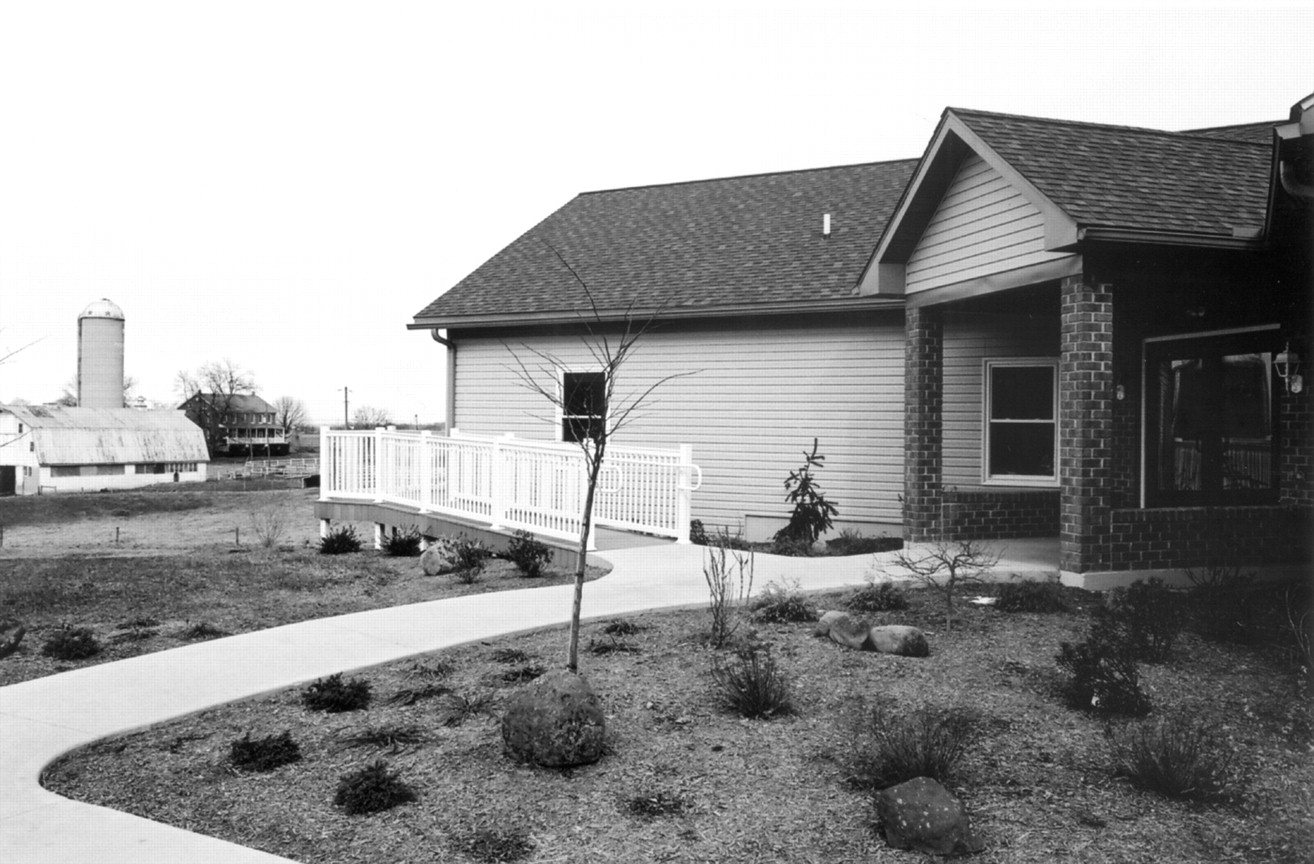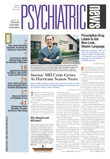In an age when cultural issues abound in medicine, one well-defined American culture has taken its needs literally into its own hands.
The Old Order Amish of Lancaster County, Pa., recognized that members of their community needed psychiatric care, yet staying at a conventional psychiatric facility—even one like Philhaven, run by the theologically related Mennonites—too often violated the norms of Amish culture and technology. When possible, the Amish have made adjustments for persons with reduced functioning.
“There is some stigma, but the Amish don't push people out,” said Charles Bauman, Philhaven's liaison to the Plain Community. “If someone can do only half of what others do, they find a place for them.”
“The Amish view of mental illness has changed dramatically in recent years,” said Donald Kraybill, Ph.D., a cultural sociologist at Elizabethtown College in Elizabethtown, Pa. Today, they are more willing to discuss mental illness and to seek treatment.
Part of that change is manifest in an informal support and educational group called “People Helpers,” founded 13 years ago and led by Amish who have had psychological problems of their own.
Members of the community needing residential or inpatient treatment had little choice but to go to a conventional hospital, go to another Mennonite facility in Indiana, or do without treatment.
Thus the Amish came to consider having their own building on the grounds of Philhaven. They began discussions on the project in 2003, talking with local church and government authorities as well as the staff of Philhaven. The Amish collected $500,000 among themselves for materials and contributed $300,000 more in labor to build the structure, on the edge of the Philhaven campus. The building, named Green Pastures, opened last August.
The crucial decision for making Green Pastures a truly Amish facility was that it is a residence and not a therapeutic facility. That way, the building didn't have to meet state hospital or JCAHO standards, but is the equivalent of a “hotel” for legal purposes. Therapists don't come to Green Pastures. Instead, the Amish patients walk 100 yards up the hill to a converted house (which does meet state hospital standards) for treatment. They see a psychiatrist three times a week and a counselor five times a week. About one-third of the patients have been hospitalized before coming to Green Pastures, and about half do not end up there.
The 16-bed building reflects the modesty of a typical Amish home, rather than an institutional structure. There is no radio or television and little decoration on the walls. A walk-in cupboard houses “donations”: sacks of potatoes, home-canned jars of peaches, applesauce, pickles, and meat donated by the community. The patient's family pays when able, and the church contributes the rest, in keeping with Amish tradition. House-parents make the meals and help keep the building clean. Mentors do what they can to“ ease, comfort, reassure, and listen” to the patients. Costs are lower than a hospital too—$90 a day plus therapy charges.
“Patients now come from other states,” said Bauman. “Most wouldn't come without Green Pastures.”

